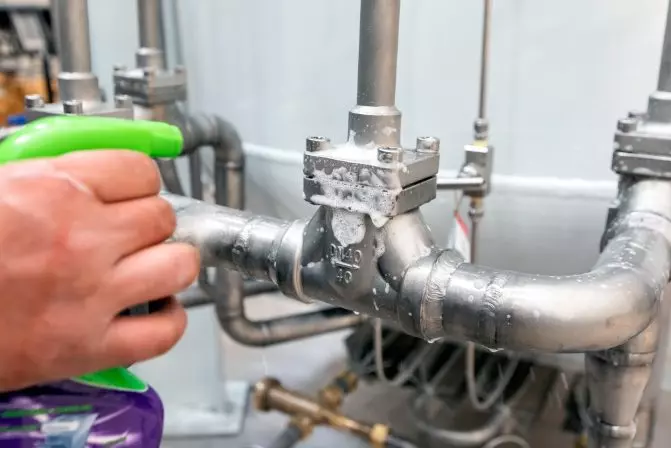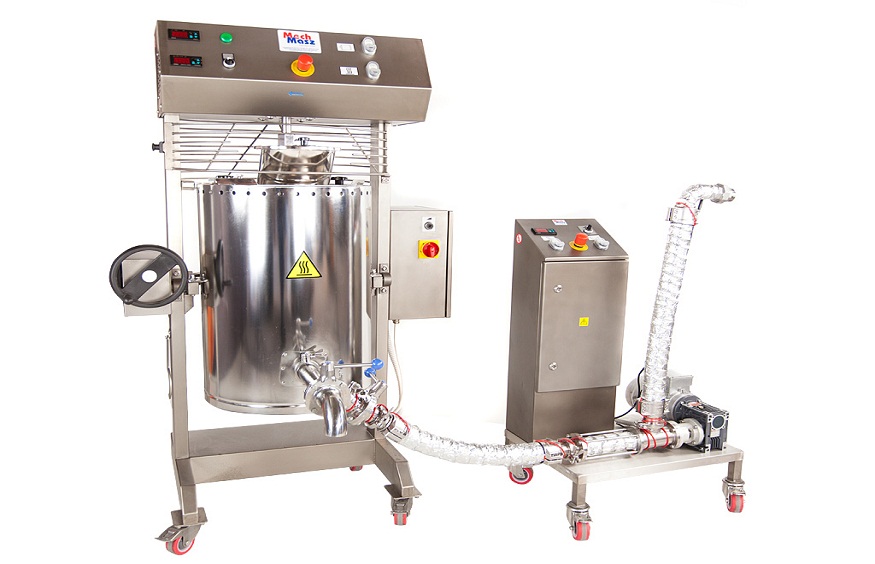A mainstay of material characterisation, the tensile testing equipment is essential to guaranteeing product quality and safety in many different sectors. The tensile test gives important information on qualities like strength, elongation, and elasticity by exposing a material’s reaction to pulling forces in anything from medical equipment to building materials. But choosing a partner to provide your tensile testing equipment may be a difficult process with so many manufacturers fighting for your business. Professional material testers, do not panic! With the essential advice in this thorough article, you may choose a high-performance tensile testing machine manufacturer.
Identify Your Applications and Needs
Thorough needs evaluation is the first stage. List the materials you want to test together with the anticipated force and displacement capacities and the particular test standards (ASTM, ISO, etc.) you will follow. Do you need an advanced model with more testing features or a simple tensile tester? Making sure you know what you need guarantees you won’t overpay on extra features or understock for the job at hand.
Investigate Manufacturer Experience and Reputation
Manufacturers of tensile testing equipment are not made equal. Look into the manufacturer’s standing in your particular market, past performance, and experience. Look for businesses that have supplied dependable, high-performing equipment in the past. For confirmation of their experience, look for industry qualifications and glowing client endorsements.
Analyze Performance and Specifications of Machines
Examine the tensile testing equipment that are being given in more detail. Think about things such test speed range, displacement range, force capacity, and data collecting capabilities. Verify the equipment meets your testing requirements and the accuracy you want. Ask about the machine’s repeatability and precision; they are essential for producing trustworthy test results.
Putting User-Friendliness and Machine Design First
User friendliness and safety should come first in a well-designed tensile testing equipment. Seek for machines with obvious safety precautions, ergonomic design elements, and easy-to-use control interfaces. Consider how easy specimen handling, test setup, and data analysis software are. An operator training time is reduced by a user-friendly equipment, which also encourages effective testing procedures.
Think About After-Sales Service, Maintenance, and Calibration
A trustworthy manufacturer is aware of how important continuous assistance is. Find out what their maintenance plans, calibration services, and replacement parts availability are. Find manufacturers with easily accessible support personnel who can quickly solve any problems and answer your technical questions.
Examine Your Machine Customization Choices
Even while basic tensile testing machines have a lot of features, some manufacturers also provide customizing choices. Look at how you may modify the machine to fit your particular testing needs. This can include including more test modules, specialised grips for unusual specimen forms, or bespoke data analysis software.
Work Up an Affordable Price and Terms of Payment
Though important, price shouldn’t be the only thing that makes a decision. You are, after all, making an investment in a long-term relationship with the manufacturer. Work out a competitive pricing that fits the machine’s value offer and the degree of after-sales service. Look for flexibly paying choices that work with your spending plan.
Get Machine Trials and On-Site Demonstrations
Never depend just on specs and brochures. See the tensile testing machine’s operation and user interface up close by scheduling an on-site demonstration. To do your own tests and determine whether the machine lives up to your expectations in practical use, ideally arrange for a machine trial period.
Develop Goodwill with the Team at the Manufacturer
Develop a relationship with the manufacturer’s staff all through the selecting process. Talk with their engineers, after-sales support personnel, and sales reps. Analyze their manner of communication, how quickly they respond to your questions, and how technically proficient they are generally.
Evaluation of the Quality Control Procedures of the Manufacturer
Priority one should be quality commitment. Find out what the tensile testing machine manufacturer does for quality control. Seek for businesses that show their commitment to constant quality by having ISO 9001 certifications and established quality management systems.
See Industry Recognition and Customer Service Reviews
Look into manufacturer customer service reputations in trade journals and online consumer reviews. Seek for accolades or honors given to the manufacturer for their goods or services, which would be industry confirmation of their excellence and creativity.
Compare Service Contracts and Warranties
Examine closely the warranty conditions provided by the tensile testing equipment. Financial risks are reduced in the event of unanticipated problems by a thorough warranty. For further piece of mind and long-term machine performance, think about investing in service contracts or extended warranties.
Get Testimonials from Past Customers
Never be afraid to ask the manufacturer’s current clientele for references; ideally, they should be in your field. Talking with happy consumers directly offers insightful information about the performance of the manufacturer in the actual world, the after-sales service, and general customer happiness.
Future Proof of Your Investment
Think about how long the selected manufacturer will be in business. To be sure they remain at the vanguard of tensile testing technology, look into their research and development spending. Seek for companies that are dedicated to ongoing development and provide upgrade routes for your equipment to meet changing testing requirements.
Consider Safety Regulation Compliance
Particular safety rules apply to tensile testing equipment. Verify the manufacturer includes the necessary safety documents with the machine and complies with relevant industry standards (such as CE marking and UL certification). Selecting a manufacturer that puts safe machine design and operation first can help to ensure the safety of your staff.
Consideration of User Support and Training
Beyond the equipment itself, think about the manufacturer’s user assistance and training. Ask about their tensile testing equipment operation and maintenance training programs. Find manufacturers who provide thorough training materials and continuous technical assistance so your staff can get the most of the equipment.
Investigate Your Financing Options
A top-notch universal material testing products might be expensive up front. Look at financing choices from outside lenders or the manufacturer. Putting the money out over time might lessen the financial load and increase accessibility to the required equipment.
Conclusion
The selection process may be confidently navigated and a high-performance tensile testing machine manufacturer found who becomes a reliable partner in your material characterization journey by using these essential advice. Recall that a carefully selected tensile testing equipment is an investment in the safety and quality of your goods, which will greatly enhance your long-term profitability.





